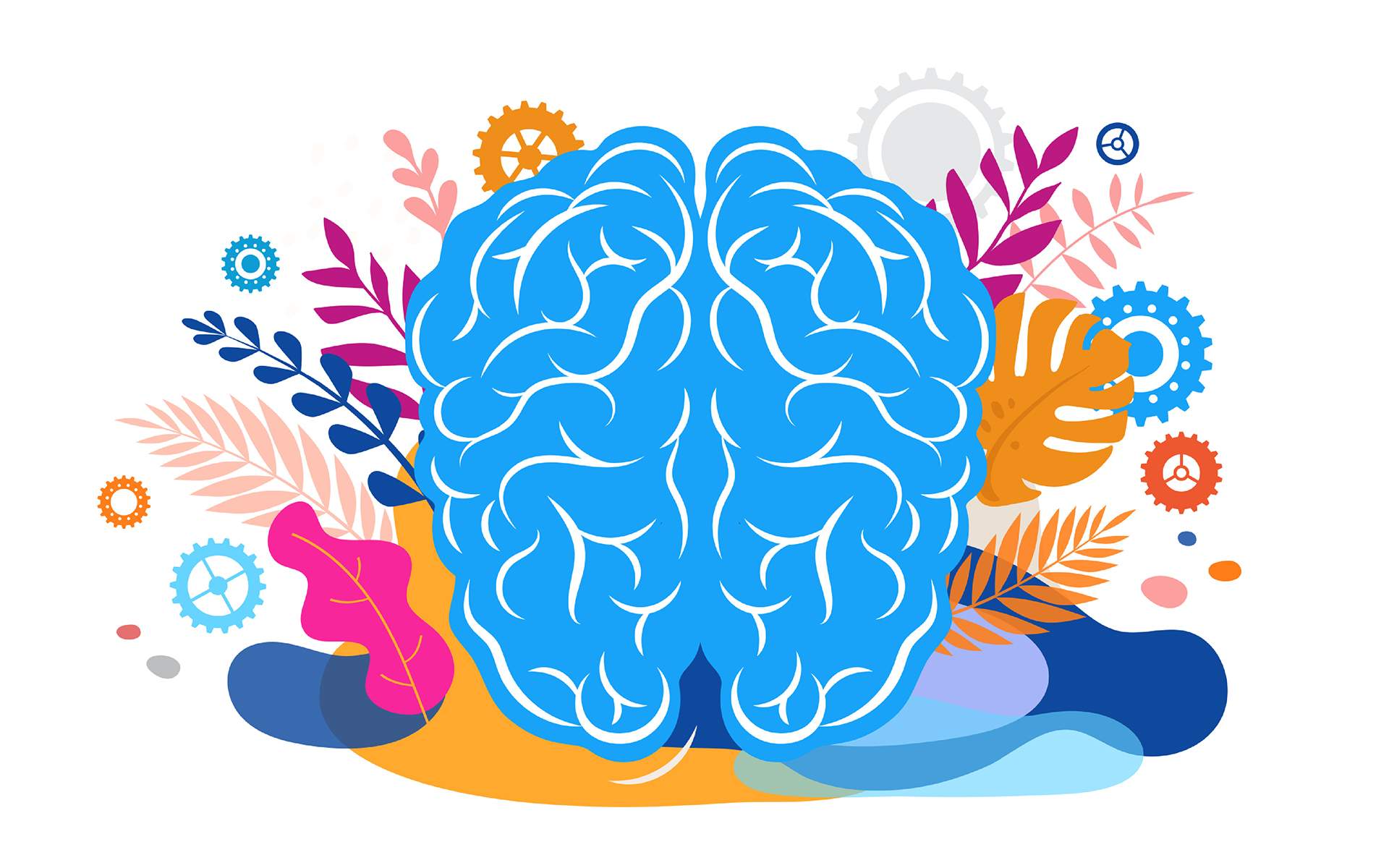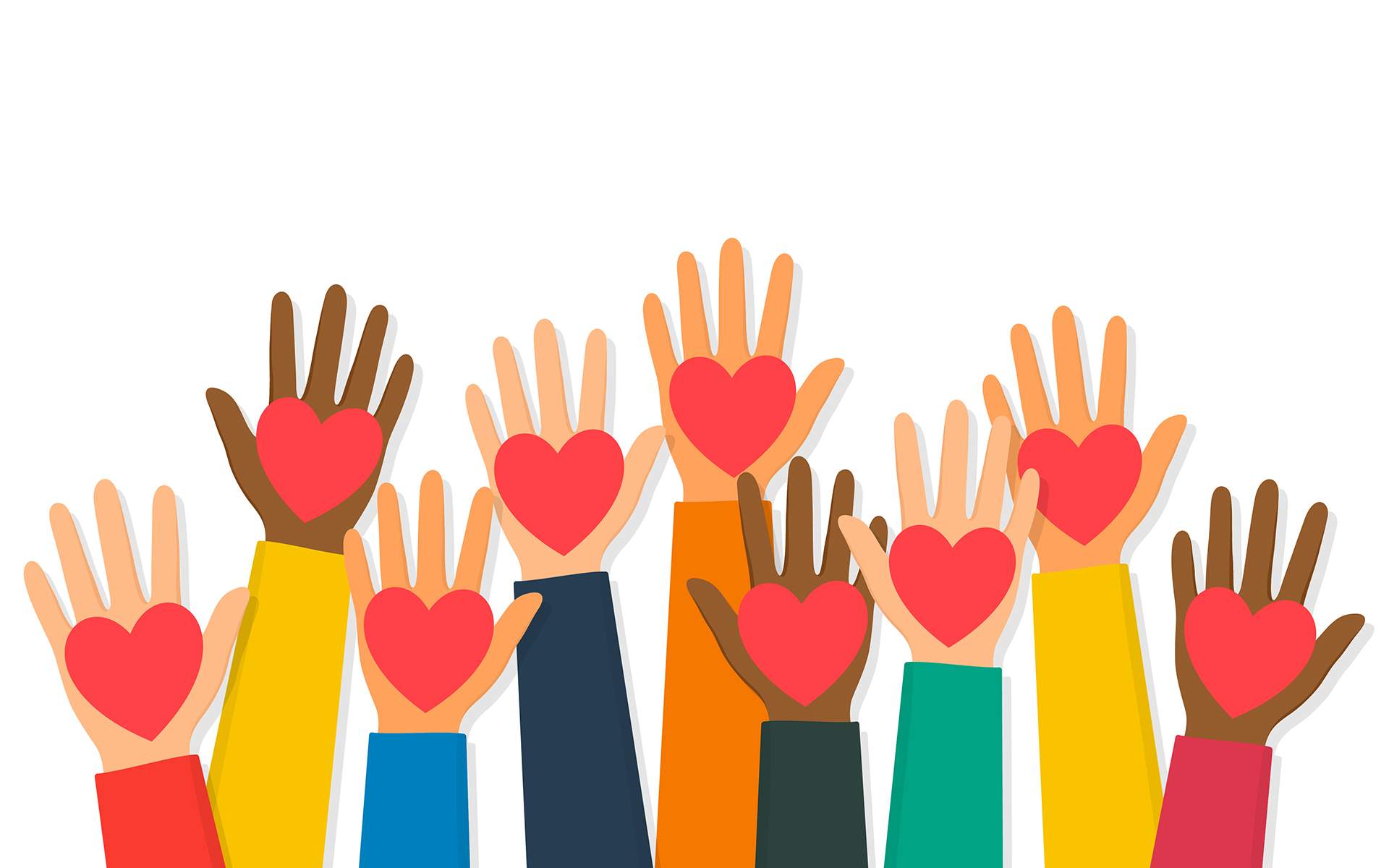John D. Rockefeller, the world’s first billionaire, answered the question, “How much is enough?” with “Just a little bit more!” He, unknowingly, made a profound statement about the human condition. Our minds are wired to want. We want more, we want less, we want things to be different, we want things to be better. We want more money, more time, more love, more vitality. Just a little bit more.
“Wait! Not me,” you might say. “I’m an anti-materialist. I KNOW that my happiness is not tied to stuff.” But what about that yoga retreat in Maui? That perfect zafu stuffed with organic rice hulls? The latest book our meditation teacher wrote, which will finally inspire us to achieve maximum mindfulness? The ultimate meditation practice that we will create…one day (as soon as our kid goes to college and we can take over his room)?
I want to recognize that for many of us, our basic survival needs are not being met. If this is true for you, then I encourage you to gain clarity about what you need and activate your wisdom for the most likely ways to satisfy your needs (which could include asking for help from friends or family).
Once our basic needs are met, we might imagine that a million-dollar windfall, or working fewer hours, or having a longer vacation, would give us a feeling of enough. But, do you know anyone who consistently feels they have enough? I have counseled people whose net worths have soared, yet their thirst for more has never been quenched. Benjamin Franklin said “Money has never made man happy, nor will it, there is nothing in its nature to produce happiness. The more of it one has, the more one wants.”
A 2010 study by Daniel Kahneman and a 2018 study from Purdue University found that an income range of $60,000 to $105,000 optimizes our well-being. So, yes, our happiness increases as our income climbs beyond $60,000, but it flattens or even falls once we surpass $105,000.
Growing Beyond Not-Enough
At this moment of the pandemic, as we’re facing the effects of climate change and of political, racial, and economic division, we might find ourselves saying, “Just give me real human connection, clean air, and civility.” Our usual desires may have fallen away, at least temporarily. This is a good sign, but perhaps fleeting once the crisis feels past. If we are going to find our way to real equanimity and inner peace, we need to cultivate a sense of enough that lasts. At this moment of having so much less in our lives, let’s retrain our brains from always wanting more (regardless of circumstances) to feeling satisfied with what we have.
At this moment of having so much less in our lives, let’s retrain our brains from always wanting more (regardless of circumstances) to feeling satisfied with what we have.
To help you reflect on feelings of enough and not-enough in your own life, think about these three scenarios as they apply to you:
- Acknowledge the pain you experience when your mind wants more money, love, or time. Are you looking for something or someone to rescue you from your current sadness, boredom, or scarcity? The benefits of allowing yourself a full recognition of pain are that:
- Painful feelings can motivate us.
- Pain can bring us into the present moment.
- Pain can lead to the insight that wanting more doesn’t bring lasting relief.
- Review instances in your life when actually achieving more money, higher status, more time, or love did little to bring you more sustained joy or ease. Perhaps it was after a salary increase or business expansion, a year after you met the love of your life, or after you purchased a “time-saving” iPhone or technology service. Before too long, were you wanting another promotion, more love from your partner, more free time?
- Review instances in your life when your happiness had little to do with money, time, or love. Maybe this was a time in nature or a time when you were meditating, or playing with your child or nephew. What was the common denominator in these experiences? My guess is that you were in the present moment, not in the past, and definitely not in the future.
Our whole culture is conditioning us towards the future, encouraging us always to want more. Therefore, it takes conscious intention on our part to say “enough is enough” and let go of our attachment to the idea of the future being better than today.
You can feel—right now—that who you are and what you have are enough.
Even if you have to fake it till you make it, begin now. Appreciate what you have now. Be satisfied right now. This acceptance will train your brain to enjoy this very moment. This is the path both to having enough and to a felt sense of sustainable joy. Let go of the idea of enough arriving when the pandemic fades away, the inheritance arrives, the promotion begins, the raise is awarded, or when you find the right house or partner. Let go of the possibility of the future bringing you a gift, and find the gift in this moment. It will calm your nerves in this upside-down time. And when we are deeply relaxed, our wisdom—including our wisdom around money—is very accessible.
Cultivating Mindful Abundance
Here are three ways that you can bring an awareness of abundance and enough into your daily life:
- The next time someone asks, “How are you?,” walk the talk. Find a way to indicate that you have enough time, money, vitality, friendship, and love. The “enough” revolution has begun. For example, start saying “I’m feeling spacious, and not so busy anymore” to break your pattern.
- Try journaling for 5 minutes on the following: What if I had to live on less? That usually inspires fear in us, but can we bring a sense of equanimity and opportunity to this? Because of COVID-19, we might have less, but perhaps we are also spending less on clothes or restaurants. We may feel so isolated at present, that we might welcome the chance to move in with friends, even if it’s motivated by the need to save money.
- Start today by pausing for one moment of the day, and sense into the possibility that you have enough, right now. Repeat this daily for a week. Then, increase to 2 distinct moments of sensing enough each day for week 2, then 3 distinct daily moments for ongoing weeks. My meditation teacher says that joy can only be felt now, in this very moment. If that’s true, then we’ve already arrived! Satisfaction and joy are here, right now, with what we have and who we are in this moment.
read more
A Practice to Welcome Gratitude with Sharon Salzberg
This practice, from Sharon Salzberg’s book Real Change, opens a doorway in your heart to gratitude and receiving happiness.
Read More
Savor Your Values: Finding Strength In Compassion
Mindful Self-Compassion teacher Steve Hickman offers this powerful practice to recognize and affirm the personal values that underlie our most challenging emotions.
Read More










